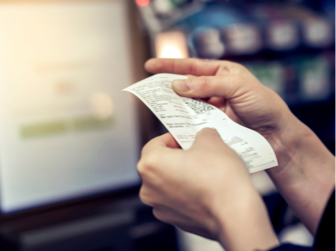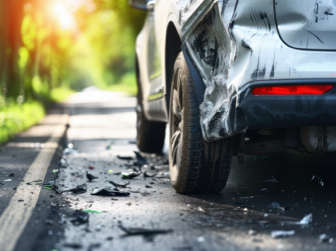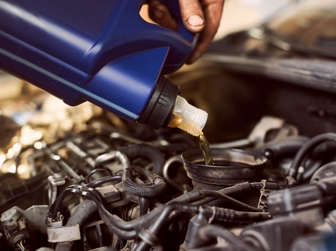This was a question that popped up often during the height of Coronavirus lock downs: Can short trips damage my car? We have freedom of movement again, but for people who have a ‘run around’ car, this question is still relevant. The answer is short journeys can damage your car, but not to a serious extent. Keep reading to find out more.
 Short trips and your car battery
Short trips and your car battery
Regular trips that last less than 10 minutes can be a quick way to shorten your car battery’s lifespan because the battery doesn’t get a full charge often enough. It takes just a few minutes for an engine to warm up, but a car battery takes a little longer to warm up so it can charge fully. If your battery doesn’t fully charge often enough, it might soon become weak and won’t have as much energy to start your car. It’s like a mobile phone battery – if you frequently charge your mobile phone for short periods, your battery eventually does not last as long.
If your battery is becoming weak, you might see the battery light on your dashboard, or you might try to start your car a few times before it takes. If this happens, it’s advisable to have your battery checked by a professional, and possibly replaced.
 Short trips and your engine oil
Short trips and your engine oil
Short drives might also impact your engine because the oil doesn’t have the opportunity to heat up and become less dense, making it more difficult to do its job: lubricate various engine components. Motor oil also needs heat to release moisture and other combustion byproducts. If the oil doesn’t have a chance to heat up, these contaminates can’t evaporate from the oil, thereby impacting integrity and performance.
If you use your car mainly for trips that are 10 minutes or shorter, take care of your engine by having your oil changed regularly and sticking to your vehicle manufacturer’s service guidelines. A Maintenance Plan through MotorHappy includes all services, oil changes, oil filters, and other wear and tear parts. Click here to find out more.
 Diesel cars and short trips
Diesel cars and short trips
Take special care with your diesel car if you take regular short trips. If your car is diesel, try factoring in regular journeys of at least 15 minutes where you can drive faster than 65km per hour.
Just like with a petrol vehicle, the engine doesn’t have enough time to reach optimal temperatures during a short drive. With a diesel vehicle, this can impact the efficiency of the Diesel Particulate Filter (DPF) and ultimately, the fuel efficiency.
The DPF is designed to collect particles that are produced as part of the combustion process. When your engine reaches optimal temperature, these particles are converted to ash and can be released from the exhaust pipe. If your engine doesn’t reach optimal temperatures often enough, these particles clog up the DPF and block the exhaust system.
When this happens, the DPF warning light might come on. It’s a signal that your car needs a long drive where your car can get up to temperature and you’re driving at high revs, preferably above 3000rpm. If the warning light doesn’t go off after this drive, take your car to a trustworthy mechanic so they can help clear the system.
If you must have the system cleared regularly, you may need to consider replacing the DPF. Find out if a DPF for your car is included in a Maintenance Plan through Motorhappy, contact us today to find out more.
Updated: 9 Road trip tips for traveling with your dog
Used car shopping? Includes Extended Warranty, and other tips


